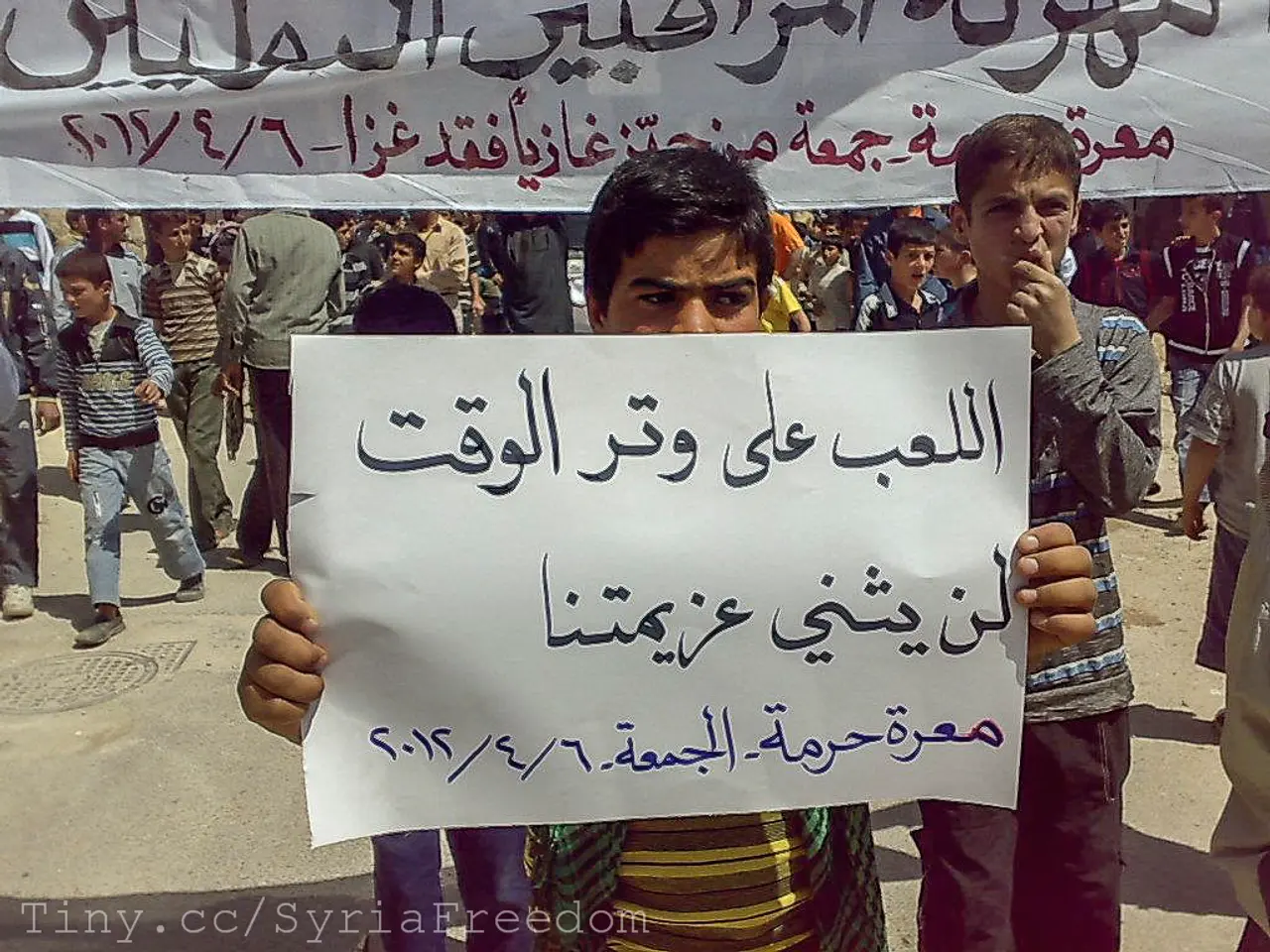Klöckner advocates for additional changes to the laws governing federal parliamentary elections
Julia Klöckner, the President of the Bundestag, has called for a renewed reform of Germany's election law, addressing concerns that recent changes could devalue the "first vote" (Erststimme), which is primarily used to elect constituency representatives directly.
Klöckner's criticisms focus on the implications for proportional representation and fair voter influence, particularly in light of the reduction in the size of the Bundestag from 735 to 630 seats. This reduction, achieved by abolishing excess and balancing mandates, has resulted in 23 election winners not receiving their directly won mandates after the early Bundestag election in February. Three constituencies in Baden-Württemberg and one in Hesse are not represented in the Bundestag at all due to this reduction.
The proposed reforms discussed in political circles include adjusting the balance between direct constituency mandates and party list seats, revising seat allocation formulas, and potentially modifying district boundaries or vote weighting mechanisms to ensure equal vote value. However, no publicly detailed or finalized legislative proposals have been made available as of August 2025.
In addition to addressing the devaluation of the first vote, the coalition agreement also includes an examination of how equal representation of women in parliament can be ensured. Among those who voted for the CDU or CSU on February 23, 50% are in favor of sticking with the existing election law, while 34% support a renewed reform. A YouGov poll commissioned by the German Press Agency found that 47% of respondents want to keep the current election law.
The coalition agreement aims to ensure that every constituency winner will again be in the Bundestag. The Union and SPD, who agreed in their coalition agreement to change the election law again, have so far rejected lowering the voting age to 16, but could potentially compromise with the SPD on this issue. Klöckner does not plan to present her own proposal for the reform, but believes there may be new insights and a willingness to agree on a rejected model.
As the debate on election law reform continues, it is expected that more detailed proposals will be presented and discussed in the coming months. For the most up-to-date information, official portals of the Bundestag, government press releases, and parliamentary documents are the best sources.
- Julia Klöckner's concerns about the recent changes in Germany's election law focus on the policy-and-legislation aspect, particularly the implications for proportional representation and fair voter influence in politics.
- In the debate on election law reform, discussions center around adjusting the balance between direct constituency mandates and party list seats, revising seat allocation formulas, and potentially modifying district boundaries or vote weighting mechanisms, all aimed at ensuring equal vote value and general-news reporting.






